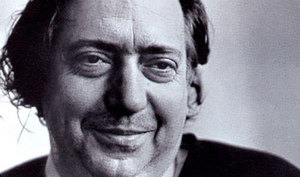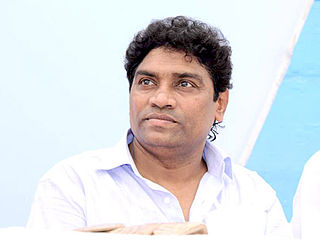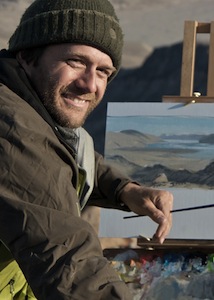A Quote by Pamela Yates
I truly value the cinema experience, the tribal gathering in the dark to watch something larger than life. I like to sit in the first row with no heads in front of mine, and become one with the screen. I always stay for the complete credits so I can linger in the film's story just a little longer.
Related Quotes
There are cinéphiles and cinéphages. Truffaut is a cinéphile. A cinéphage - a film nerd - sits in the front row and writes down the credits. But if you ask him whether it's good, he'll say something sharp. But that's not the point of movies: to love cinema is to love life, to really look at this window on the universe. It's incompatible with note-taking!
Why do people go to the cinema? What takes them into a darkened room where, for two hours, they watch the play of shadows on a sheet? The search for entertainment? The need for a kind of drug? ..I think that what a person normally goes to the cinema for is time: for time lost or spent or not yet had. He goes there for living experience; for cinema, like no other art, widens, enhances and concentrates a person’s experience-and not only enhances it but makes it longer, significantly longer. That is the power of cinema: ‘stars’, story-lines and entertainment have nothing to do with it.
In film, you have to present everything on the screen so it's the opposite of what I usually do with storytelling. It forced me to think about how people walk, where they sit at that moment. With Princess of Nebraska, it was just fun to watch because the movie was so far from the story. It was very much a different story.
If you sit in on a film class with students, their big complaint is "That's not like real life." They don't realize that they don't really want to watch real life. They don't want to sit and watch a security camera. There's a strong gravity in all of us as viewers - even in myself now and then - to want to see real life depicted. But you're looking for it in the wrong places. It's in little allegories, in something removed.
For me, as a film goer, I like nothing more than to sit in the cinema, have the lights go down and not know what I'm about to see or unfold on-screen. Every time we go to make a film, we do everything we can to try to systematise things so we're able to make the film in private, so that when it's finished it's up to the audience to make of it what they will.
I don't want to be a grumpy old man or too pessimistic, because if I have a chance, I would prefer to watch a film in the cinema with an audience on a big screen instead of watching it on a cell phone. It's a very different experience, but somehow I think this form will have its own future and life.
I've always loved theatre because it's so immediate. The challenge of it is that, career wise, it's easier to get traction in the industry if you do film and TV because the audience is larger, and because the work can be seen for a longer period of time. I did solid work in a series of regional and Off-Broadway shows, but the work I did on TV or film will have a longer life with a larger audience (and with services like Netflix). Ultimately, there's something intimate about TV, because the storytelling and the actors come home with the viewer. It can be powerful because of that.
Films are subjective - what you like, what you don't like. But the thing for me that is absolutely unifying is the idea that every time I go to the cinema and pay my money and sit down and watch a film go up on-screen, I want to feel that the people who made that film think it's the best movie in the world, that they poured everything into it and they really love it. Whether or not I agree with what they've done, I want that effort there - I want that sincerity. And when you don't feel it, that's the only time I feel like I'm wasting my time at the movies.




































